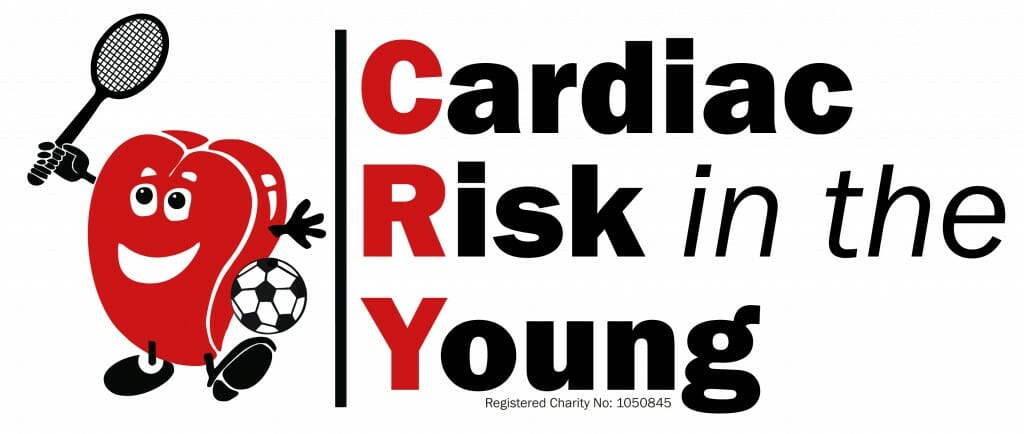 Before I share my experiences and try to give some idea of how I try to cope with what has happened, one thing should be made very clear: having a heart condition sucks. I mean, it really sucks. It’s a massive thing to have to comprehend; that the core element of us, the heart, doesn’t work as it should. Or might not at some unspecified time in the future. How do you process that? With all the other challenges that we face in life, whether it’s exams, or paying rent, or accidentally locking yourself out when doing the bins and having to wake up your neighbours at 7:30am to get back in (I’m still so sorry Flat 19), having your body fundamentally betray you is hard to take.
Before I share my experiences and try to give some idea of how I try to cope with what has happened, one thing should be made very clear: having a heart condition sucks. I mean, it really sucks. It’s a massive thing to have to comprehend; that the core element of us, the heart, doesn’t work as it should. Or might not at some unspecified time in the future. How do you process that? With all the other challenges that we face in life, whether it’s exams, or paying rent, or accidentally locking yourself out when doing the bins and having to wake up your neighbours at 7:30am to get back in (I’m still so sorry Flat 19), having your body fundamentally betray you is hard to take.
In my particular case I had a cardiac arrest when playing football two years ago. If I hadn’t been with a group of such amazing people who knew CPR and kept me alive, or if I hadn’t been playing on the corner of Tooting Bec Common closest to St George’s Hospital, I might not be here today. I have no recollection of the day, waking up in the ICU on a Tuesday afternoon and thinking it was Sunday morning. The details of what happened keep on changing depending on whom I ask. At first I was told that my heart stopped for a few seconds, but that turned into 4 minutes, which has now become just over 30 minutes after I spoke to one of the London Ambulance Service guys who kept me alive. He also went on to tell me: “You turned the colour of a dead person and you weren’t responding. I thought you were dead.” Thanks, Bash!
And so here I am, diagnosed with dilated cardiomyopathy and with an ICD fitted and on more medication than I thought was possible. I am so thankful beyond words to my friends who not only saved me, but have also kept me sane throughout this whole time. The ambulance and NHS staff who have kept me alive also rarely get enough praise and I will never be able to thank them for what they have done.
How to follow on from this good news tale? That really is the question that most of us need answering more than how to deal with the medical side of things – medically trained professionals are here for that! The technical information is useful and the detailed reasoning behind the medication they give you is comforting. Your friends and family will always be there and, while maybe not having had to go through the mill quite as horrifically as my lucky lot, you should never tire of their concern and support (even if it does grate on your nerves being asked about whether or not that shopping bag is too heavy…). But no-one, and I mean no-one, is going to know your condition as well as you because it’s your body and you are the one who knows its rhythms and how it is responding to activity, stress, medication – the list goes on. Your cardiologist can give the most detailed explanation of beta-blocker medication and why you need to increase your dose, but telling you about how rubbish it is to wake up to chest pain and freaking out because you don’t know if it is something serious, or just the fact that you did a load of carrying stuff yesterday (maybe that shopping bag WAS too heavy…), is not something they can help you with.
This is why CRY has been so helpful to me and anyone with a heart condition, trying to find our places in the world. Sorry to sound dramatic, but it is really does feel that confusing and challenging at times. At others it feels like the biggest fuss in the world over something that had completely gone out of your mind today. The support that CRY offers, through both its dedicated staff and in the opportunity to talk to other people with similar experiences, if not conditions, is invaluable. Because let’s remember my starting point: having a heart condition sucks. CRY allows people like you and I to share our experiences with people who really understand the range of emotions that you are going through. I have been to three meetings so far and I have left every single one feeling more positive and well informed than when I went in. It is not the nerve-wracking one-to-one set up with a doctor or therapist, just a group of people having a chat. These guys “get it” – you aren’t going to be asked “Are you sure you should be doing that?” or “I think you should take it easy”. They understand the frustration, the uncertainty, the fear that maybe you don’t want to show anyone else. CRY is a community that allows you to gain an understanding, and maybe acceptance, of your condition. And that should always be the goal – living with this condition (varied!) in the best way possible for you, without going insane through an overload of advice. Knowing that I am not alone and that the stories I have told has given others some positive reinforcement is one of the best things that could happen from getting this heart condition (which sucks).
So don’t be isolated in this challenge – there are people ready and willing to help you. Yes, it’s a massive thing to have to deal with and you will carry it with you for the rest of your life. But you don’t have to carry it alone.

